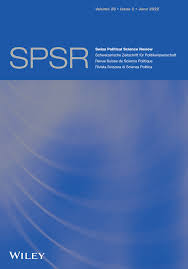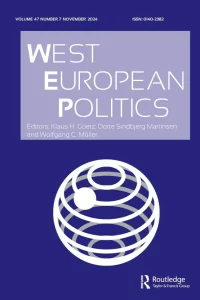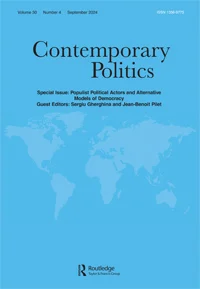Electoral volatility and clientelism were traditionally analysed through the lenses of clientelistic behaviour by political actors. However, we know very little about the importance of volatility for the formation of attitudes towards clientelism within the electorate. This article addresses that gap by analysing the extent to which volatile voters are more likely to accept electoral clientelism as a political practice. We bring evidence from Romania, which is a crucial case due to its extensive use of clientelism in elections over time and high electoral volatility. The analysis uses individual-level data from a survey conducted on a national representative sample of 4316 respondents in 2021. Contrary to the theoretical expectations, the findings illustrate that loyal voters accept clientelism easier, which holds when controlling for variables such as targeting awareness, political interest, income, or education. These results have important implications for the study of elections and voting behaviour.





